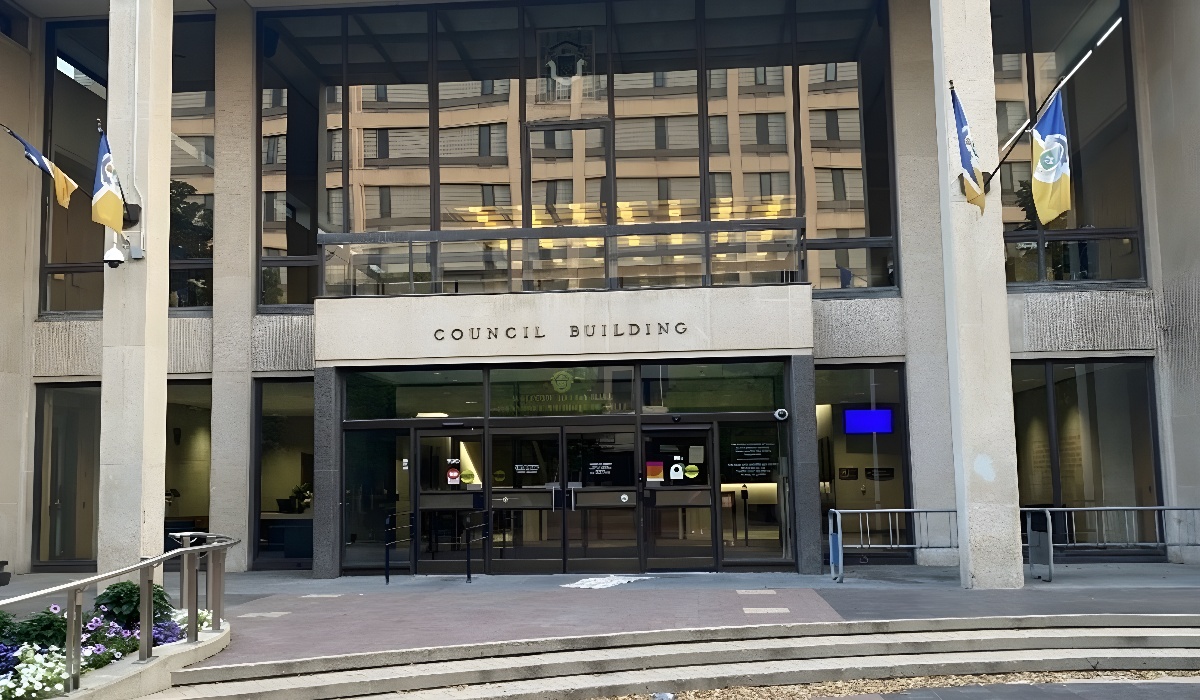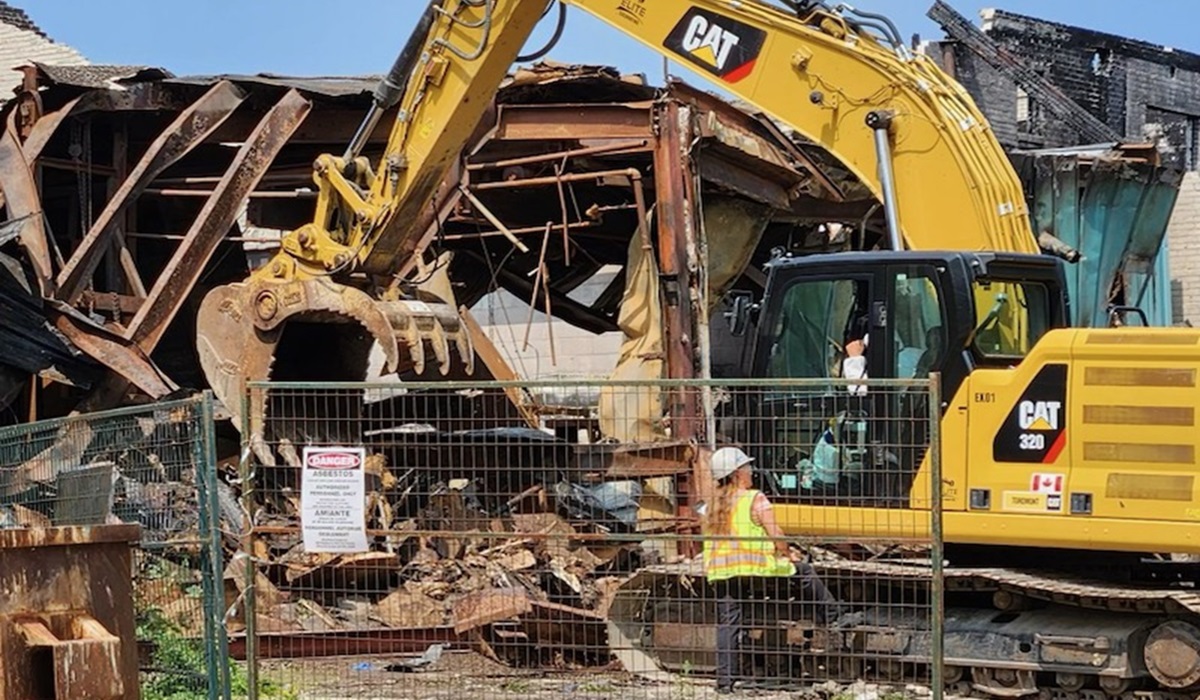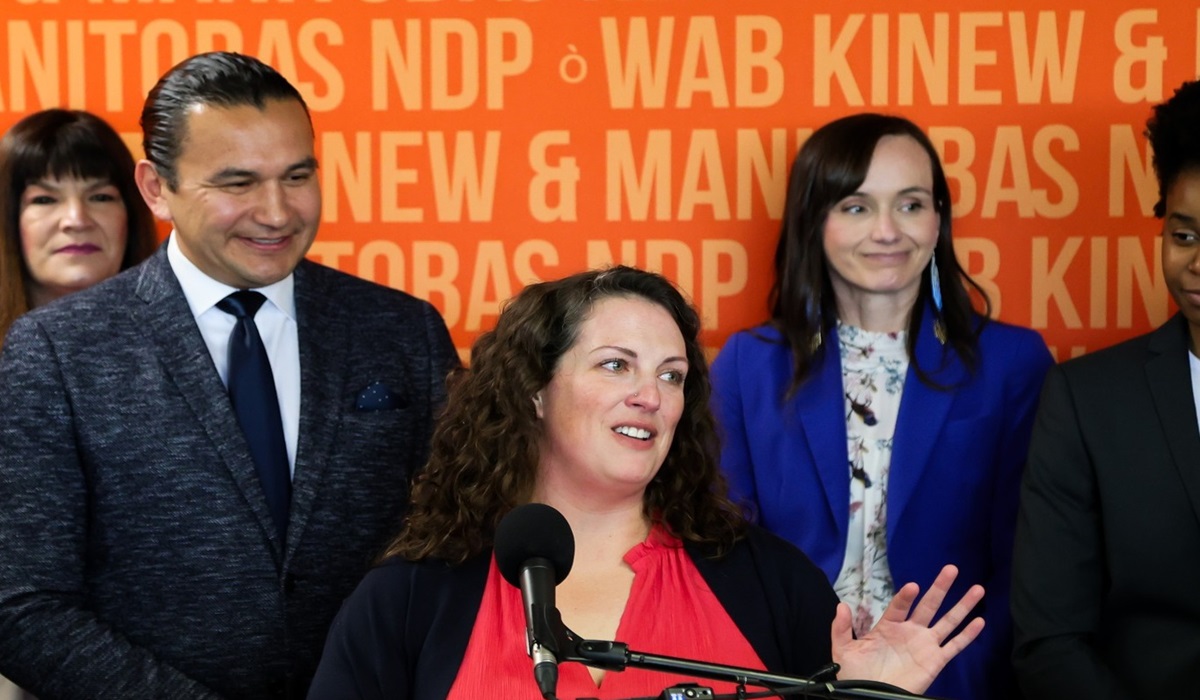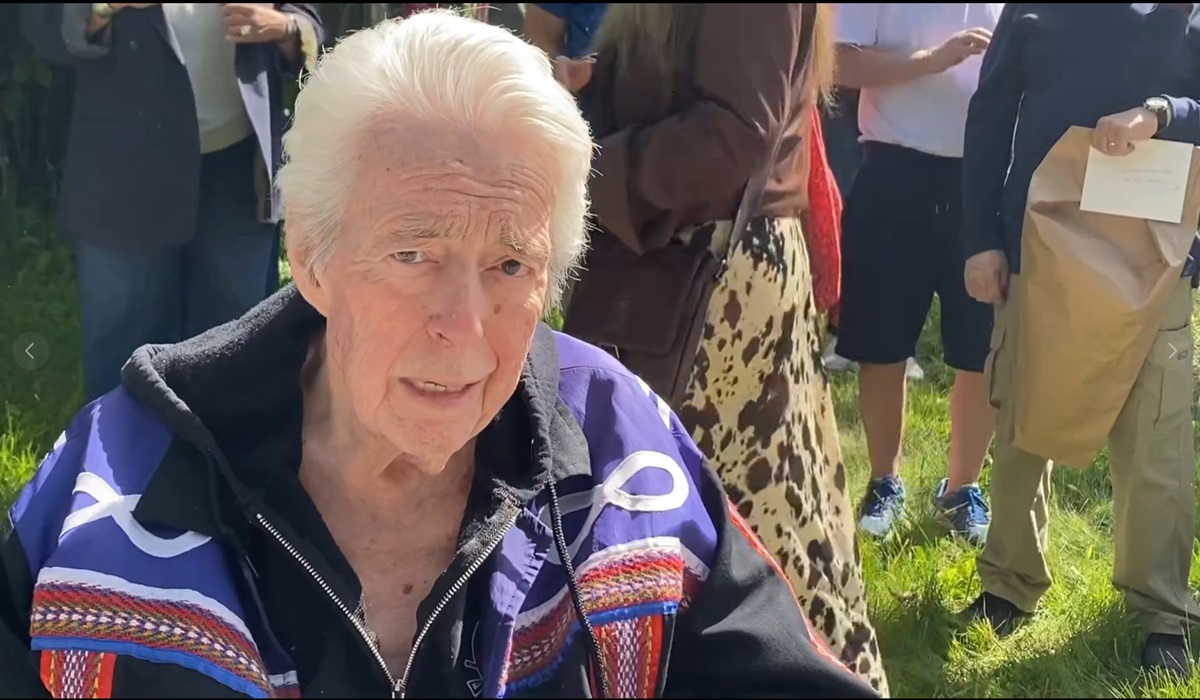Unanswered Questions Surrounding Winnipeg Ethics Complaint Investigation
- TDS News
- Western Canada
- December 4, 2023

It has been nearly six months since Winnipeg’s Integrity Commissioner, Sherri Walsh, referred out an ethics complaint by Don Woodstock against City Councillor John Orlikow. The complaint followed the Justice of King’s bench ruling that city officials delayed the construction of a major housing project by developer Gem Equities at the “Wishes and Demands” of the elected official. An outside counsel, Jamie Pytel, was appointed to conduct the investigation to maintain transparency and impartiality. However, recent inquiries into the progress of the investigation have left many questions unanswered.
In response to an inquiry about the investigation’s progress, Ms. Pytel provided the following email with a link to the City of Winnipeg’s Code of Conduct page and wrote,”
“I can only speak generally about how Council Codes of Conduct operate, as they are always considered confidential matters. Generally, the timing of investigations are driven by the complexity of the matter and the work load of the Integrity Commissioner. The goal is to be thorough, timely and fair in all matters. If an investigation results in findings of a Code breach, then City council would be informed of those findings as it’s their Code to administer.”
Ms. Pytel’s initial response triggered a need for further clarification, prompting a follow-up with several more questions to gain a deeper understanding of the ongoing investigation. These questions, directed to Ms. Pytel with similar ones posed to Integrity Commissioner Sherri Walsh, addressed specific aspects of the inquiry process. Unfortunately, neither party’s responses have been received as of the latest communication, leaving crucial aspects of the transparency and procedural details surrounding the ethics complaint unanswered. This lack of response leaves the citizens of Winnipeg in the dark regarding the progress and parameters of the inquiry.
Unanswered Follow-up Questions
- Is this, in your opinion, a complex investigation, and why?
- Is there a workload issue for you, the Integrity Commissioner?
- Is the investigation being personally conducted by you?
- Were there any discussions of a workload capacity expressed on your end or the City of Winnipeg’s when the investigation was handed to your office?
- Before accepting the case, was a general timeframe suggested, discussed, implied, or agreed upon?
These answers to these questions are crucial for the people of Winnipeg, as they directly impact their understanding of how their tax dollars are being utilized and how elected officials are held accountable. Citizens need to know if they are funding an investigation without a time frame, which Ms. Walsh was asked: Is the taxpayer’s cost associated with referring out the case fixed or hourly? What is the amount? Still, a response needs to be provided:
In an era where public trust is crucial, it is reasonable for constituents to demand transparency from their elected representatives. The growing tendency of officials to evade or selectively address inquiries is troubling and raises questions about accountability. The residents of Winnipeg have a rightful expectation of open communication and precise responses, particularly on issues directly impacting their community and financial contributions.
As the investigation into the ethics complaint unfolds, the public must persist in their call for transparency and accountability. The absence of answers to crucial questions underscores the necessity for a more transparent and communicative relationship between elected officials, the Integrity Commissioner, and the community. Without cooperation and candid dialogue, the foundations of trust and effective governance are jeopardized, and it is the responsibility of the people to demand answers to the questions that hold significance for their community.
We find ourselves in a concerning era of political discourse where those in positions of power, including representatives like the Mayor, City Council, and even the Integrity Commissioner, are not consistently answering media inquiries. Gone are the days when citizens could confidently pose tough questions to their representatives, expecting forthright responses. This emerging trend not only reflects poorly on those in positions to represent constituents but also raises questions about the accountability and openness of public officials. At the same time, it’s acknowledged that public figures and the Integrity Commissioner regularly field inquiries; their obligation to respond to genuine concerns is fundamental to maintaining effective governance.
In this landscape, it becomes evident that everyone desires the best for their community, yet the current lack of consistent cooperation from designated gatekeepers further exacerbates the issue. If those in positions of authority fail to address legitimate questions and concerns, it instills a lack of trust and undermines the very foundation of representative governance. Elected officials and oversight bodies must recognize the importance of open communication and responsiveness to ensure a healthy and accountable political environment that genuinely serves the interests of the public.








